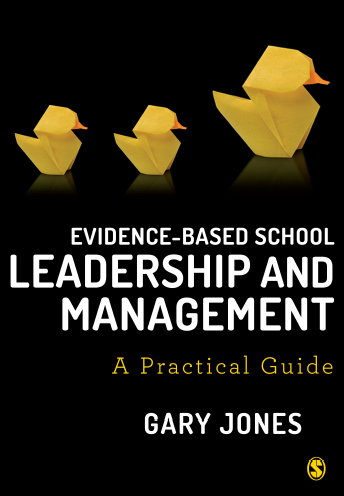Recently I’ve been giving a lot of thought to the related ideas of theories of change, theories of action and logic models. Fortunately, there are lots of really useful resources available online which provide practical advice on how to make these ideas ‘work’. In this post I am going to look at the work of (Long et al., 2018) and their PIT-B model for developing a theory of change (TOC). Full details of which can be found using the following link.
Let’s start by stating what is meant by the term ‘theory of change’. Put simply a theory of change explains ‘how and why’ a particular intervention will in a specific context bring about the desired or hoped for change.
Long et al recommend that when developing a theory of change, you begin with the objective or problem you are trying to solve or address. Second, you explain what aspect of the intervention/innovation you are proposing that allows it to solve the problem or achieve the objective. Next, describe how the intervention facilitates and carries out this causal mechanism. Finally, complete your causal chain by returning to the problem or objective you started with.
Long et al suggest that this can be done by using the PIT-B model
We can now use this model to help illustrate theories of change which could be developed for use in your work as a school research lead.
Example 1
Teachers in school do not see the practical relevance of educational research, when planning lessons and schemes of work, so it is not unexpected that teachers do not make use of educational research. Our theory is that if teachers have more opportunities to read and discuss research, they will begin to make greater use of educational research in their teaching. The school’s Journal Club promotes the use of educational research by providing setting for research literate colleagues to support colleagues think about how research could be applied in classroom setting. We believe that this encourage an increase in educational research, and increase its use in lesson plans and schemes of work.
Example 2
Teachers in school are often demotivated by existing schemes of performance management and objective setting for accountability purposes. Out theory is that teachers have opportunities to focus on ‘development’ objectives rather than ‘accountability’ objectives this will increase teacher motivation and engagement in performance management process. The school’s programme of ‘disciplined inquiry’ encourages teachers to think about how they can bring about improvements both teaching and pupil outcomes. We believe that this will increase the motivation of teachers, and eliminate the demotivating impact of accountability based performance management
However, it is important to realise that coming with a theory of change is the ‘easy-bit’ . In order to create a ‘good’ theory of change, Long et al recommend that the underpinning assumptions and hypotheses are stated. Second, the appropriate resources are available. Third, the language used is clear and unambiguous. Fourth, there should be agreement from all the relevant stakeholders. Last but not least, the focus should be on one particular intervention.
And finally
Developing a robust theory of change will not guarantee that you whatever intervention you are introducing will be a success. However, it will increase you chance of success as you will be able to articulate - the how and the why of what you are trying to achieve - this allows you to then focus on what you are going to do to make it happen - and this is another story.
Reference
Long M, Macdonald A and Duncan T. (2018) Practical Tips for Developing and Using Theories of Change and Logic Models. 2018 Virginia AmeriCorps Annual Program Directors and Staff Meeting, Richmond, VA: ICF.
Want to know more
If you are interested in finding out more about theories of change, theories of action and logic models, have a look at the following
https://www.betterevaluation.org/en/rainbow_framework/define/develop_programme_theory


